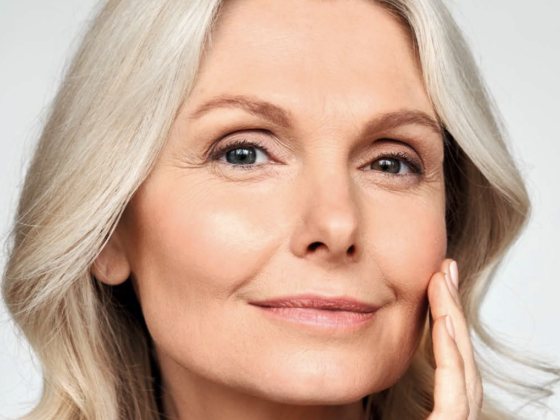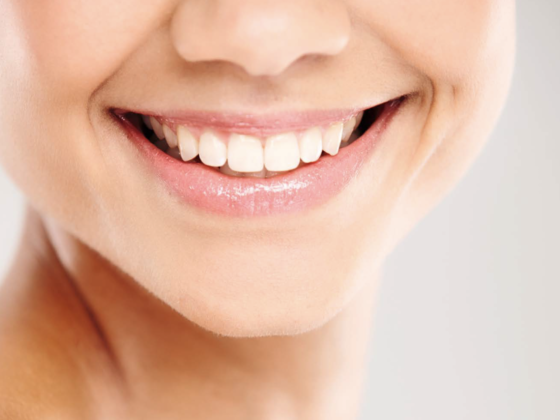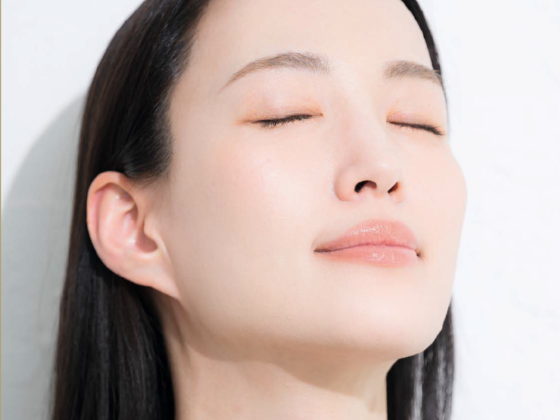Dr Jean-François Bezot and Dr Khamzat Bekov
“Psychological trauma in childhood can leave a genetic scar in adulthood.” This is what a team of Geneva-based researchers discovered when examining the DNA of adults suffering from psychiatric issues. What is more, the more severe the trauma was during childhood, the more significantly the DNA was altered. This is the first time we have seen such a clear link between an environmental factor and an epigenetic modification. It finally shows a link between epigenetics and psychology. We already knew this link existed, thanks to our functional proteomics lessons, but when universities of this calibre offer up such proof, it feels gratifying for us as well.
THE GENOME PROVIDES, THE ENVIRONMENT INFLUENCES...
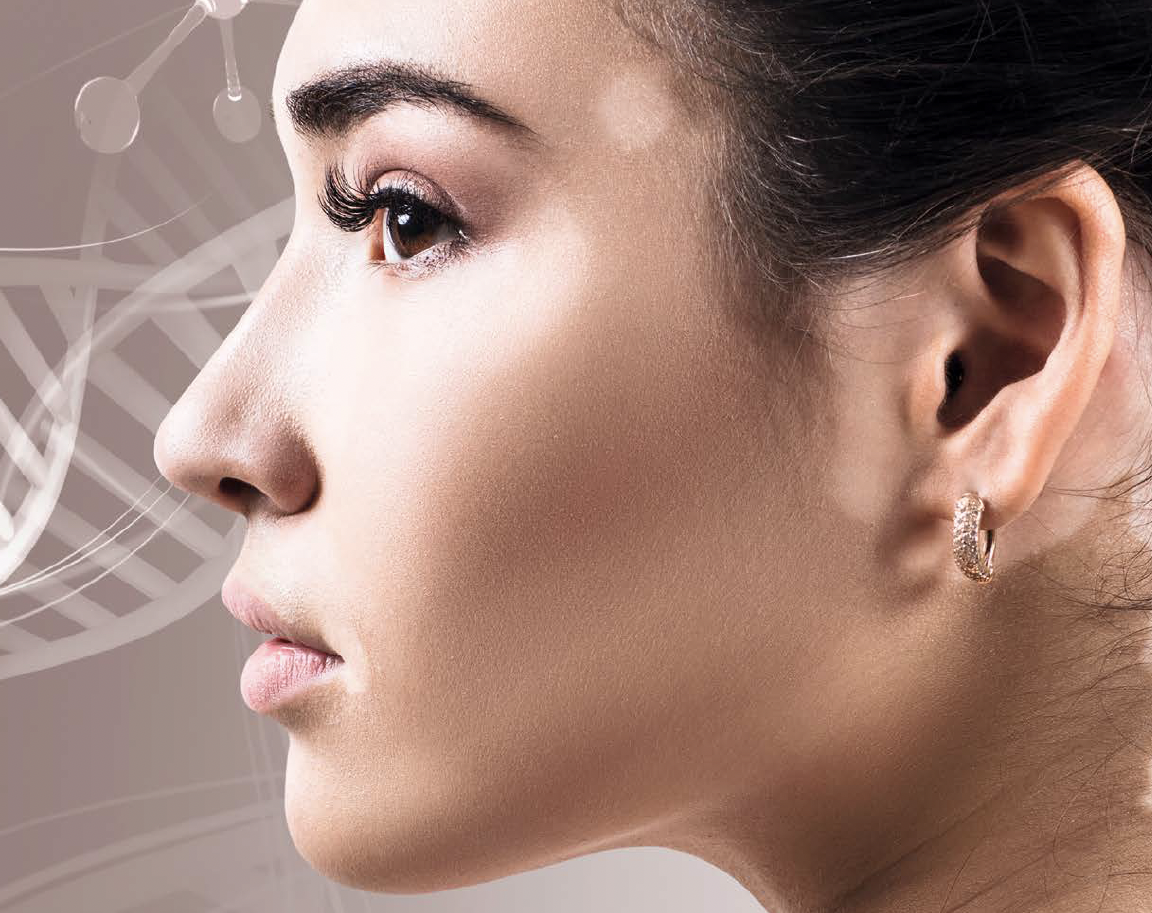
The serum proteins, called the proteome as a whole, act like our body’s biological memory centre.
They are our “black box”.
Each person’s proteome is specific to them. It is the memory of our human condition, our joys and misfortunes, and understanding it can shine a light on the events that have marked our lives. A veritable molecular language, it shows what our pain is saying and indicates the potential illnesses programmed by our biological conflicts. The lipoproteins are therefore a link between the mind and the body, between the neuropsychology and the neuroectoderm.
EPIGENETICS
For a long time, genetics were considered to be the key to understanding our biological functions and hereditary diseases. However, recent studies have shown that a number of bodily processes are regulated not only by our DNA, but also by an additional “control” layer called the epigenome. Epigenetics explores how chemical modifications to the DNA and histones, as well as the non-coding RNAs, regulate gene expression and how these changes can be either inherited or influenced by our environment.
MECHANISMS OF EPIGENETIC REGULATION
1. DNA methylation
This is the main mechanism for epigenetic modification. Methyl groups (CH3) attach onto the DNA’s cytosine residue, inhibiting gene expression. This process plays a key role in the development and differentiation of cells and in preventing cancer.
2. Histone modification
Histones are proteins around which the DNA is wound. Their chemical modifications – such acetylation, methylation and phosphorylation – regulate the DNA’s availability for transcription. These processes make gene expression more flexible.
3. Non-coding RNA (ncRNA)
Non-coding RNA, which include microRNA (miRNA) and long non-coding RNA (lncRNA), influence the stability of the RNA messengers (RNAm) and protein production, playing an essential role in regulating gene activity.
EPIGENETICS AND NEUROPSYCHOLOGICAL HEALTH
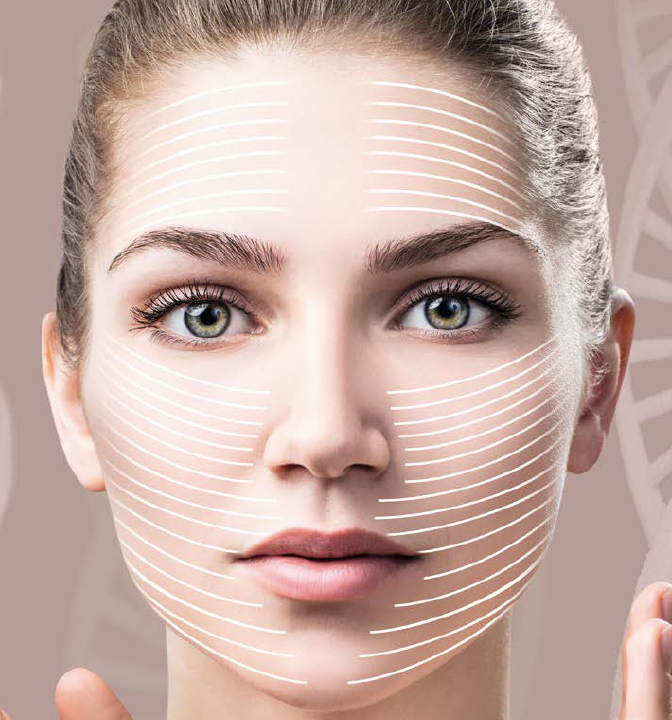
Epigenetic modifications help to regulate all of the body’s systems (immune, metabolic, reproductive, cardiovascular, respiratory, musculoskeletal, etc.). We will talk more about them in a future article but, for now, we will focus on the nervous system and psychology.
1. Nervous system
The epigenetic mechanisms regulate the formation of neural networks, as well as the memory and learning processes. Any dysregulation in these mechanisms is connected with neurodegenerative disorders such as Alzheimer’s or Parkinson’s. Chronic stress leads to epigenetic modifications that affect the genes that control the levels of cortisol and the neural networks. These changes increase the risk of depression and anxiety.
2. Psychology
Epigenetics and psychology are rapidly-developing fields, showing that our genes do not fully dictate our fate. For example, chronic stress can alter the expression of the NR3C1 gene, which is connected with the glucocorticoid receptor, which can increase sensitivity to stress in adults. Our life experiences, environment and choices can alter the way our genes are expressed, influencing our mental and emotional health. This opens up promising perspectives for more integrated and personalised approaches in psychology.
Epigenetics reveals the complex interactions between our genes and our environment, paving the way for a new approach to understanding health and illness. A lifestyle that includes a healthy diet, regular physical exercise and proper stress management can have a beneficial effect on the epigenome, thus improving the quality and length of life. Future research into epigenetics will enable us to develop personalised methods for preventing and treating a number of illnesses.
Dr Khamzat Bekov
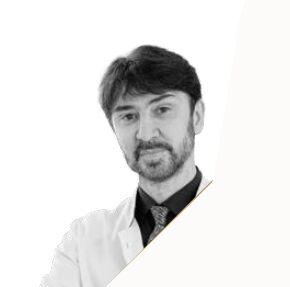
Specialist in general medicine. Qualified in anti-aging and aesthetic medicine in Paris. Self-employed, based in Paris 16. Former resident doctor for internal medicine at Saint-Antoine university hospital (Paris 12). Former resident doctor at the Paris Hospitals.
Dr Jean-François Bézot
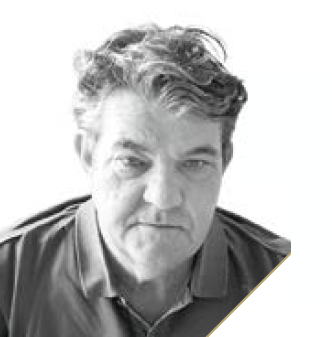
Medical biologist. Pharmaceutical doctor, Paris Pharmaceutical Faculty. Former house pharmacist for the Paris Hospitals. Specialist in anti-aging biology and functional proteomics since 1988. Permanent member of the French Society of Anti-Aging Medicine. International conference speaker. In charge of the university course in Anti-Aging Medicine (Paris Créteil university).
More: biopredix.com





